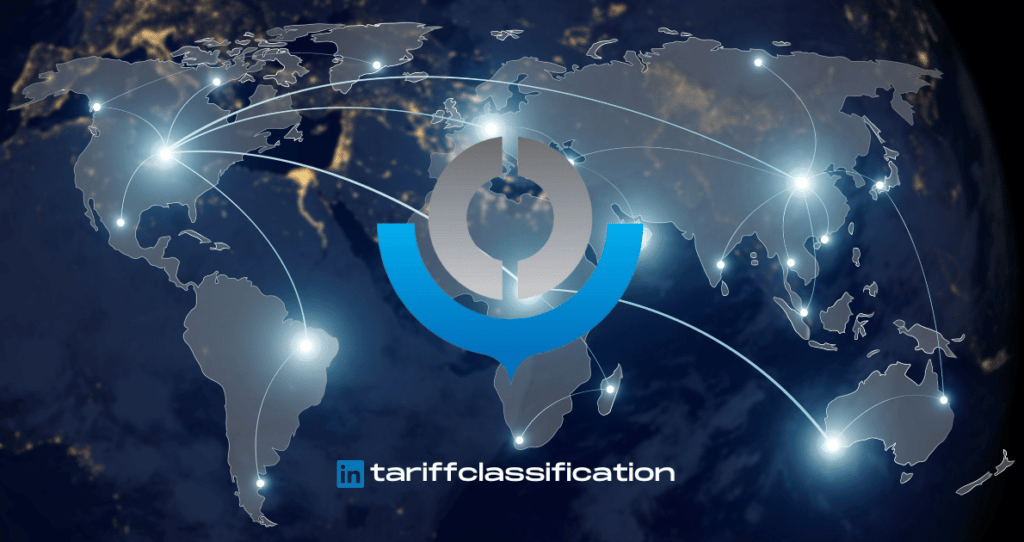An intergovernmental group called the World Customs Organization (WCO) strives to standardise customs laws and procedures around the world. The only intergovernmental body committed only to the creation and adoption of international customs laws and procedures is the WCO, which was founded in 1952. Its main goals are to enhance international trade, advance the standardisation of customs procedures, and offer technical support to its members.
The WCO organisation.
More than 140 nations are represented by the WCO’s more than 180 members. The only global body working to standardise customs laws and procedures is this one. The goal of the WCO is to establish a safe, effective, and efficient global trading environment that promotes the exchange of goods and services. The WCO seeks to do this through the Harmonized Set, a system of universal customs codes used to categorise products and services in global trade.
Encourages cross-border compliance.
Additionally, the WCO is in charge of creating global norms and practises for customs operations and assisting member nations in putting them into practise. Customs delays, expenses, and compliance are all improved when customs administrations work together, as encouraged by the WCO. The WCO also collaborates with other worldwide organisations and countries to enhance trade security and ease the flow of legal trade.
Integrating customs rules.
The WCO assists its members technically in addition to working to harmonise customs regulations. One aspect of this is training customs agents on how to use the Harmonized System and other relevant customs procedures. In addition, the WCO gives member nations guidance and support on implementing customs laws and dealing with particular trade concerns.
Key functions of WOC in international trade.
In supporting the facilitation of international trade, the WCO is crucial.
Establish the customs laws.
The World Customs Organization (WCO) contributes to lower trade costs and a more secure global trading environment by establishing and implementing uniform customs legislation and practises.
Support for cross-border logistics
The WCO also works to prevent delays at customs and other roadblocks from impeding legal trade. The WCO aids in ensuring proper and uniform application of customs legislation and procedures by offering technical assistance to its members.
Collaborates with governmental and other global organisations.
The WCO also contributes to the development of a more secure global trading environment, which supports legitimate trade and fosters global economic growth, through collaborating with other international organisations and countries.
